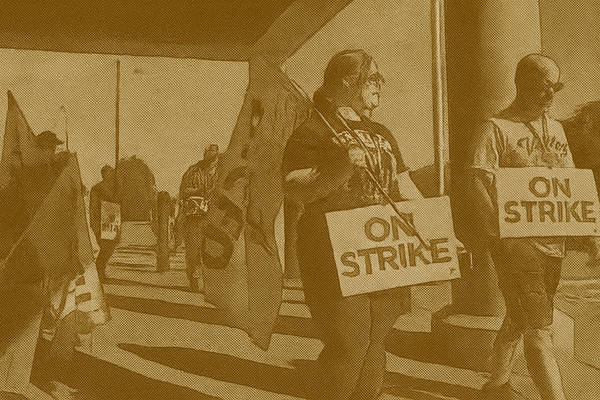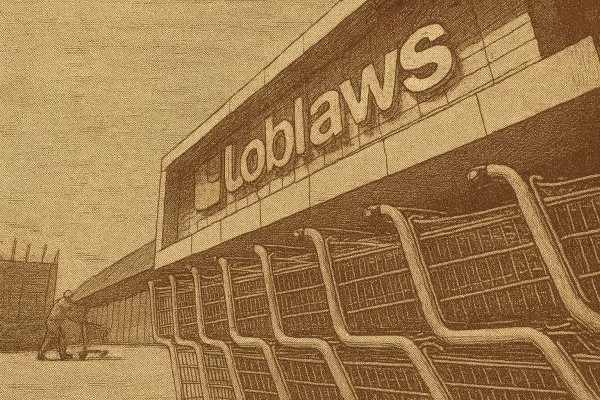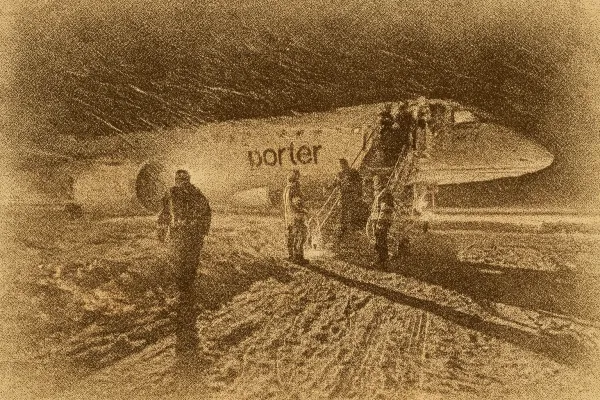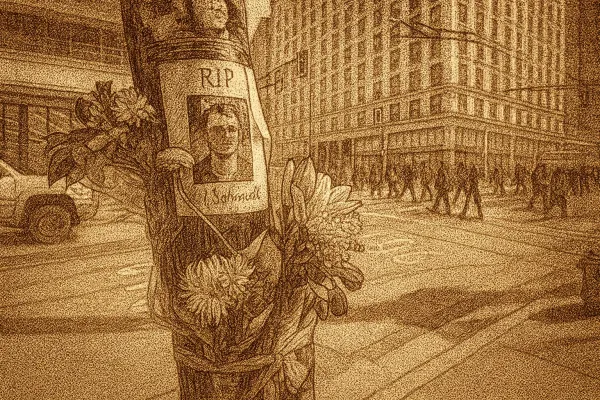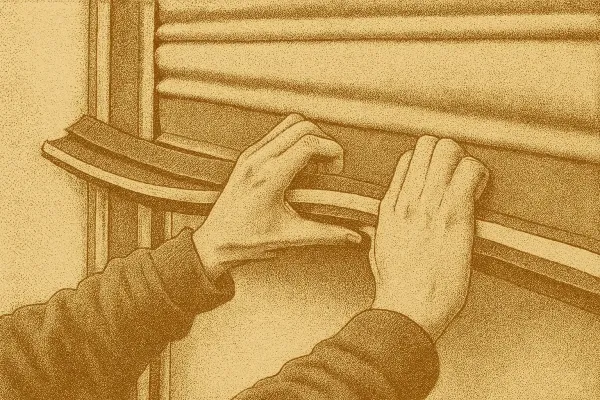Based on coverage from CBC, NorthShore News, and CityNews Vancouver.
In British Columbia, the ongoing standoff between the provincial government and the B.C. General Employees' Union (BCGEU) has reached a new level of intensity. As the strike enters its fourth week, nearly 15,000 public sector workers are now participating in job actions, ranging from picketing to an overtime ban. The union's latest move? Expanding pickets to an additional 37 liquor stores across the province, effectively shutting down about a third of government-run outlets.
The heart of the dispute lies in the union's demand for an 8.25% wage increase over two years, a figure they argue is necessary to keep pace with inflation. The BCGEU, representing 34,000 workers in this contract, is determined to bring the government back to the negotiating table. Finance Minister Brenda Bailey, the government's spokesperson on the matter, acknowledges that while there are no scheduled talks, some "back-channel work" is underway. Bailey insists the government is "very keen to get back to the table," but the timeline remains uncertain.
The ripple effects of the strike are being felt beyond the picket lines. Ian Tostenson, president of the B.C. Restaurant and Foodservices Association, has voiced concerns that his members are being caught in the crossfire. With liquor supply shortages looming, Tostenson warns that restaurants and bars could soon face significant challenges. While some industry players have stockpiled liquor in anticipation of disruptions, the long-term impact on the hospitality sector could be severe if the strike drags on.
Bailey, for her part, is aware of these concerns. "Margins are tight," she notes, emphasizing the need to balance a fair deal for workers with the broader interests of British Columbians. It's a delicate dance, one that requires navigating the immediate pressures of the strike while considering the economic implications for the province.
The BCGEU's strategy of targeting liquor and cannabis distribution points is a calculated one. By disrupting these key supply chains, the union aims to apply maximum pressure on the government. However, this tactic also risks alienating the public, who may find themselves caught in the middle of a dispute that shows no signs of resolution.
As the situation unfolds, the stakes are high for both sides. For the BCGEU, securing a wage increase is crucial for maintaining the purchasing power of its members. For the government, it's about finding a balance that addresses the union's demands without compromising fiscal responsibility. And for the average British Columbian, it's a waiting game, hoping for a resolution that keeps their favourite local pub stocked and their public services running smoothly.
In the coming weeks, all eyes will be on the negotiations—or lack thereof—as both sides navigate this complex and high-stakes labour dispute. Whether through formal talks or back-channel negotiations, the hope is that a compromise can be reached before the impacts become too severe for the province's economy and its residents.


